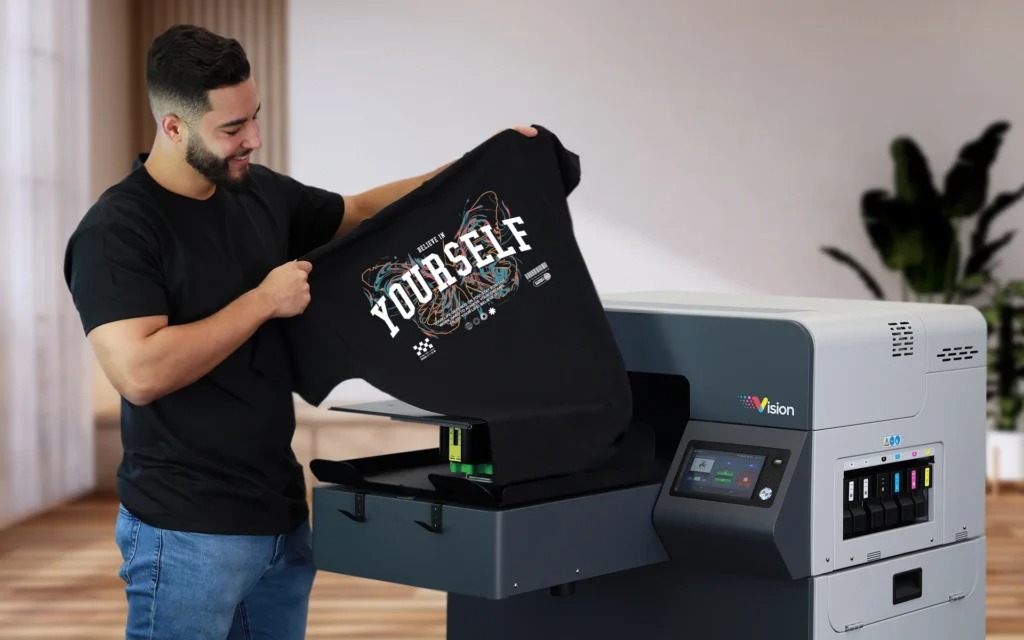In the digital age, blockchain has emerged as a transformative technology, promising to revolutionize industries and redefine the way we transact and interact online. Originally devised for the cryptocurrency presale coin, blockchain has evolved into something much bigger—a secure, decentralized ledger system that can be applied to a wide range of applications beyond finance.
What is Blockchain?
At its core, blockchain is a decentralized digital ledger that records transactions across multiple computers. Unlike traditional centralized systems, where data is stored in a single location, blockchain distributes data across a network of computers, known as nodes. Each transaction is recorded in a “block,” which is linked to the previous block, forming a chain of blocks—hence the name blockchain.
Key Features of Blockchain
- Decentralization: Blockchain operates on a peer-to-peer network, eliminating the need for intermediaries such as banks or payment processors. This decentralization increases security and reduces the risk of fraud.
- Transparency: Transactions on a blockchain are visible to all participants in real-time, enhancing trust and accountability. This transparency also helps to prevent tampering or unauthorized changes to data.
- Security: Each block in the blockchain is cryptographically linked to the previous block, creating a secure and immutable record of transactions. This makes blockchain highly resistant to hacking and fraud.
- Smart Contracts: Blockchain platforms like Ethereum have introduced the concept of smart contracts—self-executing contracts with the terms of the agreement directly written into code. These contracts automatically execute and enforce themselves when predetermined conditions are met.
Applications of Blockchain
Blockchain technology has expanded far beyond its origins in cryptocurrency. Its potential applications include:
- Financial Services: Blockchain can streamline cross-border payments, reduce transaction fees, and improve transparency in financial transactions.
- Supply Chain Management: By tracking goods through every stage of the supply chain, blockchain can enhance transparency, traceability, and efficiency.
- Healthcare: Blockchain can securely store and share patient records, ensuring privacy and improving interoperability between healthcare providers.
- Voting Systems: Blockchain offers a secure and transparent way to conduct elections, reducing the risk of fraud and enhancing voter trust.
- Real Estate: Blockchain can simplify property transactions by securely recording titles and automating the transfer of ownership.
- Intellectual Property: Blockchain can be used to track ownership and distribution rights for digital content, reducing piracy and ensuring fair compensation for creators.
Challenges and Future Outlook
While blockchain holds immense promise, it is not without challenges. Scalability, energy consumption, regulatory concerns, and interoperability between different blockchain networks are all areas that need to be addressed for widespread adoption.
Looking ahead, the future of blockchain technology appears bright. As more industries explore and implement blockchain solutions, we are likely to see further innovation and disruption across various sectors. Blockchain has the potential to democratize data, empower individuals, and create a more transparent and efficient global economy.


